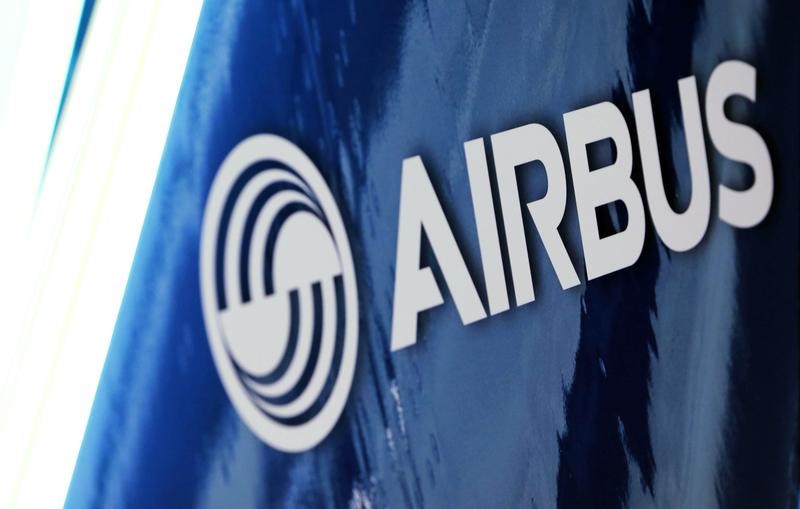By Olivia Oran
NEW YORK (Reuters) - Wells Fargo & Co (N:WFC) is examining whether it caused unnecessary financial harm to customers through mortgage fees, frozen deposit accounts and "add-on" products like identity theft protection, the bank said in a U.S. securities filing on Friday.
The disclosures signal that the bank's problematic sales practices go further than investors and analysts had expected after Wells reached a regulatory settlement in September over unauthorized customer accounts.
"We were surprised that this wasn't disclosed when the original sales practices were disclosed," said Piper Jaffray analyst Kevin Barker. "Given the scope of the issues out there, it seems like this is a bigger deal than we had originally thought."
Wells Fargo shares dropped 1.3 percent to $52.70 in afternoon trading.
Wells, the third-largest U.S. bank by assets, discovered the new issues as part of a third-party consultant's review required by the settlement. It expects that review to be complete in the third quarter.
Wells is focusing on whether fees it charged to extend interest rate lock periods on residential mortgages, as well as its practice of freezing or closing deposit accounts for suspected fraud, caused undue harm to customers.
It is also looking at how it tacked products like identity theft protection and debt protection onto other accounts.
The disclosures come a week after the bank said it charged 570,000 auto borrowers for insurance they did not want, pushing 274,000 of them into delinquency, and leading to at least 20,000 wrongful repossessions.
In the new disclosures, Wells Fargo said it has also identified issues with guaranteed automobile protection waivers and insurance agreements with dealers that may lead to refunds beyond the $80 million in customer compensation it detailed last week.
Those disclosures came on top of the bank's revelations that thousands of employees had opened as 2.1 million accounts in customers' names without their permission, which was the subject of its $190 million settlement with the Consumer Financial Protection Bureau (CFPB), the Office of the Comptroller of the Currency (OCC) and the Office of the Los Angeles City Attorney.
The CFPB is now investigating the mortgage fee and deposit account practices that Wells identified as potentially hurting customers, the bank said.
Also on Friday, Wells agreed to pay $108 million to settle allegations stemming back over a decade that it charged military veterans hidden fees, then concealed the fees when applying for federal loan guarantees.
The bank has more work to do to rebuild customer trust and may find more problems as it completes its review, Wells Fargo Chief Executive Officer Tim Sloan said in a statement.
"No doubt, other work lies ahead," he said. While the quarterly filing identifies new issues, "the final conclusions or outcomes for many are unknown at this time."
The bank is facing a raft of lawsuits and probes related to its sales practices, and said it is "unable" to determine whether it will face material financial harm as a result. It also said its legal costs may go as much as $3.3 billion beyond the amount of money it has already set aside, up from its $2 billion estimate three months earlier.
As Wells Fargo's problems have unfurled, some shareholders have agitated for changes to the board of directors. Last week, New York City Comptroller Scott Stringer, who oversees public pension funds that hold roughly 11.6 million Wells Fargo shares, demanded that the board install a new independent chair.

Wells' board expects to complete a review of its structure, composition and practices in the third quarter, according to the filing.